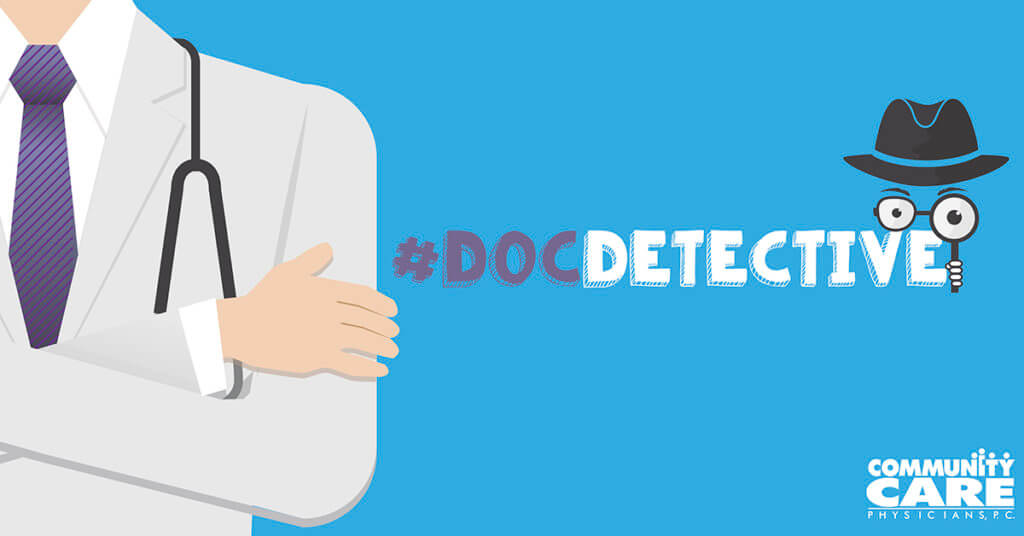
Healthcare Providers are highly trained to be skilled at making a quick diagnosis and determining a course of treatment for a patient, all within a medical visit that is usually a half hour or less. Sometimes, they are even seeing the patient for the first time. Do you think you would be able to make the diagnosis? We will let you play the role of the doctor and see if you can make the correct diagnosis.
Patient X
Patient X is a 28 year old Caucasian female. She is 5'3" tall and weighs 168 lbs. She lives in a suburban apartment in the Capital Region. She is recently married and lives with her husband with no pets and no children. She consumes alcohol only occasionally and estimates she consumes less than five alcoholic beverages per month on average. The patient does not use any illicit or recreational drugs. She has had one sexual partner, her husband, in the last 12 months. The patient consumes a diet that is high in fruits and vegetables and low in red and processed meats. The patient exercises regularly, walking or going to the gym 4-5 days a week.
Medical History
The patient is not currently taking any prescription medications and is not on any form of birth control. She usually takes over the counter medications for pain or for cold symptoms. The patient is up to date on all of their immunizations. BMI, blood pressure, and cholesterol levels are all within normal ranges for the patient's age and weight. She has no personal or family history of chronic illness and has had no major surgeries aside from having her wisdom teeth removed. The patient was occasionally seen for severe discomfort related to her menstrual period cycle in her late teens and early 20's. The patient has mainly been seen for bacterial and viral infections as well as soft tissue injuries related to sports and exercise.
Present Symptoms
The patient is complaining of constant fatigue and recurring nausea. The patient states that she started feeling extremely fatigued almost two weeks ago. The patient is also battling daily bouts of nausea, which are worse when she first wakes up, and seem to subside throughout the day, although the patient did note that certain smells can cause her to feel nauseous no matter what time of day. The patient is exhibiting no sign of fever. The patient also notes that several days after the nausea and fatigue started, she noticed her breasts were tender to the touch and she had begun spotting as if she were getting her period, but it has been several days and she has still not gotten her period yet this month.
Do you think you can diagnose the patient? Check back next week to see if you made the correct diagnosis!
